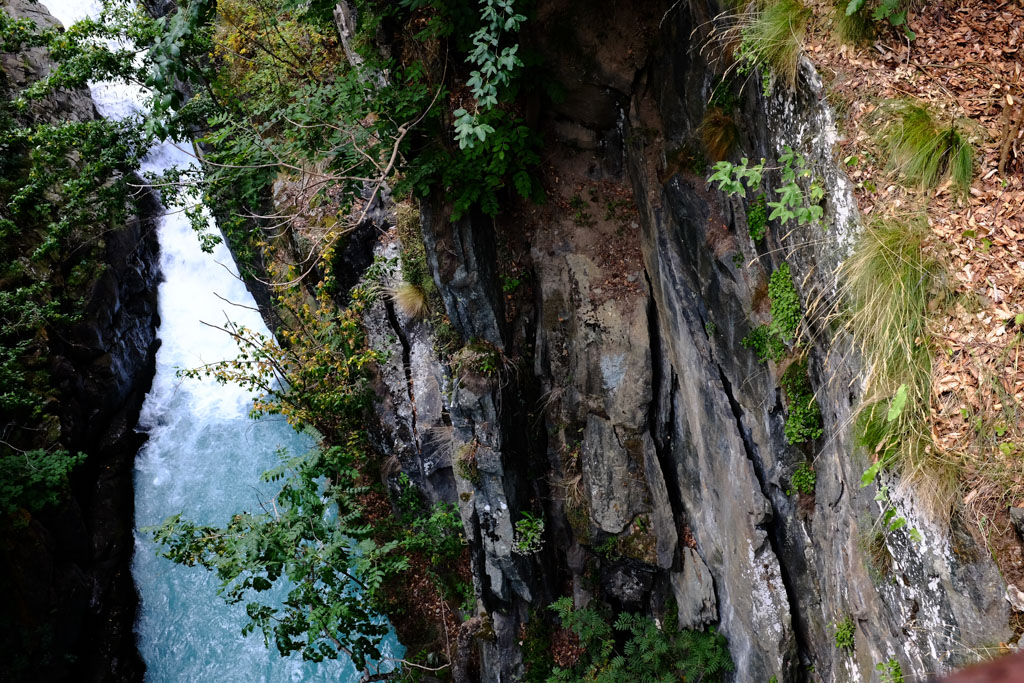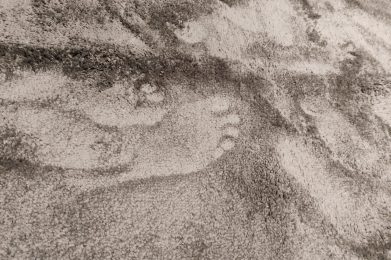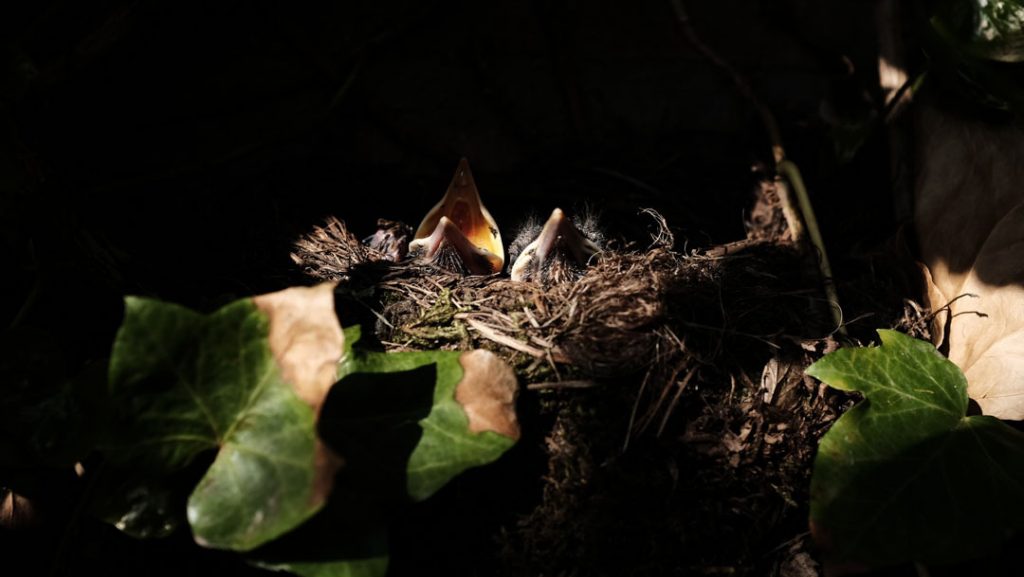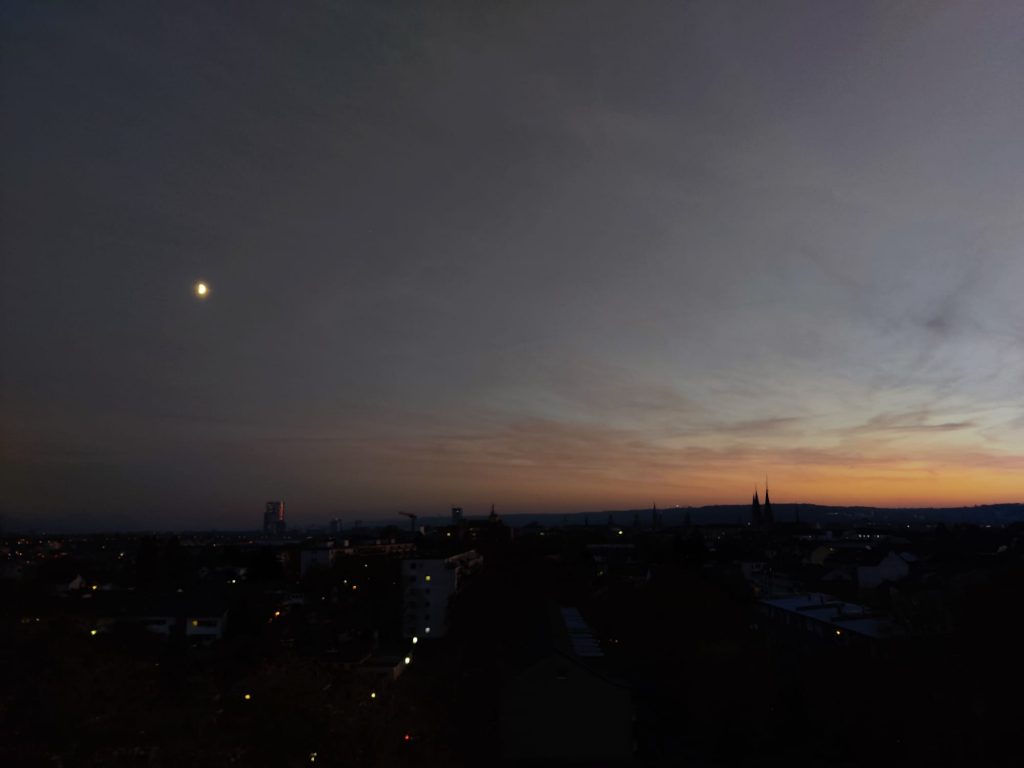Introduction
We write this guide to give our authors some idea of what contributions to our website could look like. It provides four categories that could be used for inspiration.
However, the described categories and examples should not be seen as restrictions. Feel free to deviate from our conceptions and surprise us with an entirely new genre of writing, thinking, and/or becoming.
Our central aim is to explore how concepts, thoughts, ideas, creations, practices, et cetera, help us make sense of the many more-than-human encounters we have on Earth. Academic language is often too abstract for this, while living language could be freed from practical confinements by listening to what theorists have to say.
Anything that helps to explore and deepen our understanding (of confusion) of our relation to the world in the Anthropocene is cordially welcomed to our website.
Imagining
We welcome contributions from the infinite realms of fiction. The Anthropocene is a crisis of imagination, in as far as we can’t seem to think past the boundaries of neo-liberalism and business-as-usual. To get your inspiration flowing, here are some examples:
- A short story about the human condition when seen from the perspective of a rock;
- Poems about becoming-techno-fossils;
- Art works and drawings of litter on an Anthropocene beach;
- A video exploring your relation to weeds in the roadsides;
- Photographs of stray plastics on their long trajectories to the ocean…


Tracking
We encourage all kinds of reflections about the traces and encounters with humans, other animals, and fellow critters. Entries into the category ‘tracking’ are based on evidence out there, added on by new layers of personal reflection
- An interview with your grandmother about local environmental histories or lost practices;
- Reflections about an encounter with a creature in the woods, using your favorite theorist to conceptualize this;
- A memoir of a species gone extinct: what are we losing?
- Uncovering lost voices of the landscape: whose voices have been muffled?
- Creative non-fiction of any kind: what does a visit to a museum tell you about the Anthropocene?
Doing
We Archaics often coalesce into large thinking heads. But the world does not just need ever new thoughts, it needs practices of worlding too. Teach us how to act differently.
- A step-by-step guide for organizing a protest rally;
- Recipes for fermented foods: revolutionizing the world, one batch sauerkraut at the time!
- How to build a worm hotel to make your home an interspecies affair?
- How to pick mushrooms without ravishing the forest or ending up dead yourself;
- How to recognize a bird…


Distancing
Thinking and writing can be ways of taking steps back. As much as we love our fellow critters, we shouldn’t fall face flat down in the mud. Or perhaps, not every day of the week. Work on seeing the grand vista. Observe ideas that highlight hidden passages through our landscapes. Share your thoughts with us.
- An essay that you write for a course, explaining a particular author / idea in the Anthropocene debate;
- A review of the latest publication by [insert writer or author];
- Some critical remarks about an eco-art installation that you went to visit;
- Pretentious ramblings full of nominalizations decrying the subjectification of the assembling stratifications of the horrible re- and deterritorializations in the constructing of different becomings.